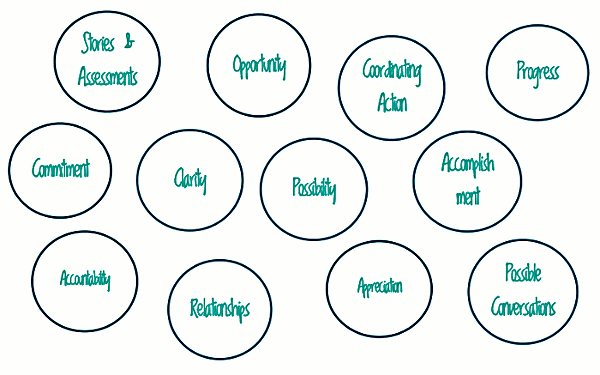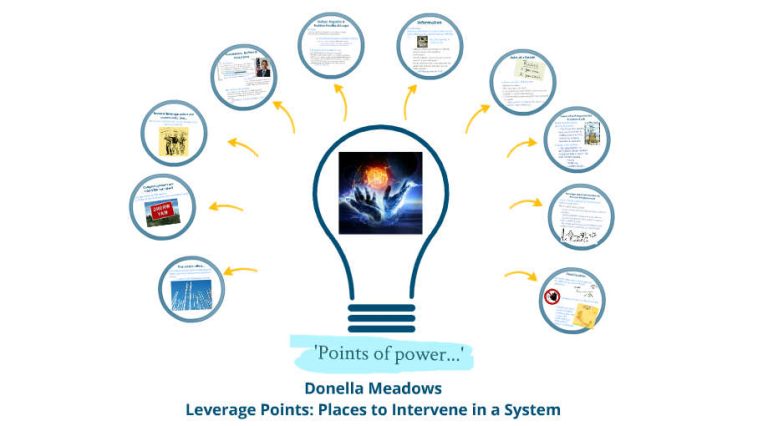What types of conversations AREN’T you having?
If you’re into influencing and personal effectiveness then you’re in the conversation game. It’s a game that many of us learned like we learned walk – by copying others without too much conscious consideration of the specifics of what we were doing.
For some of us, even the suggestion that there are different types of conversations with different purposes is a new idea.
What are your conversational habits?
What are the types of conversations that you’re having? Do you have lots of one or two types – but not the rest? Where’s your comfort zone?
What types of conversations AREN’T you having? Which are the ones you avoid like the plague as “too difficult”? Which are the ones that you’ve never even thought to have?
If you’re not getting the results you want in the world, are there types of conversations you have that aren’t helping you? Are there new types of conversations to be had that might give you a better result and increase your personal effectiveness?
Try some conversational “Pilates”
Like anything else in the world, building your skill requires practice.
Pick your two least-used conversations from our list and resolve to practice them. Find a “study buddy” and take turns to work out what you might say differently and practice saying it.
If you can’t find a practice partner then start writing. Pick an under-used conversation type and write out the different conversations you might have.
Here’s your checklist – adapted from Newfield Institute’s list of “Important Types of Conversations”:
- Conversations for stories and assessments – to share views.
- Conversations for common commitment – to ensure common cause.
- Conversations for clarity – to ensure mutual understanding.
- Conversations for relationship – to address issues and breakdowns.
- Conversations for possibility – exploring potential futures.
- Conversations for opportunity – to distill opportunities from possibilities.
- Conversations for coordination of action – to get things done.
- Conversations for progress – to monitor intent against results so far.
- Conversations for possible conversations – to organise future important conversations.
- Conversations for accomplishment – for acknowledgement and contribution.
- Conversations for appreciation – to publicly declare value and gratitude.
- Conversations for accountability – to deal effectively with broken promises.
Whether you want to influence business sustainability or an individual innovation in your personal life – take some time out to reflect on:
- the quality of your conversations
- the specific types of conversations that you engage in
- the results you get from your conversations.







